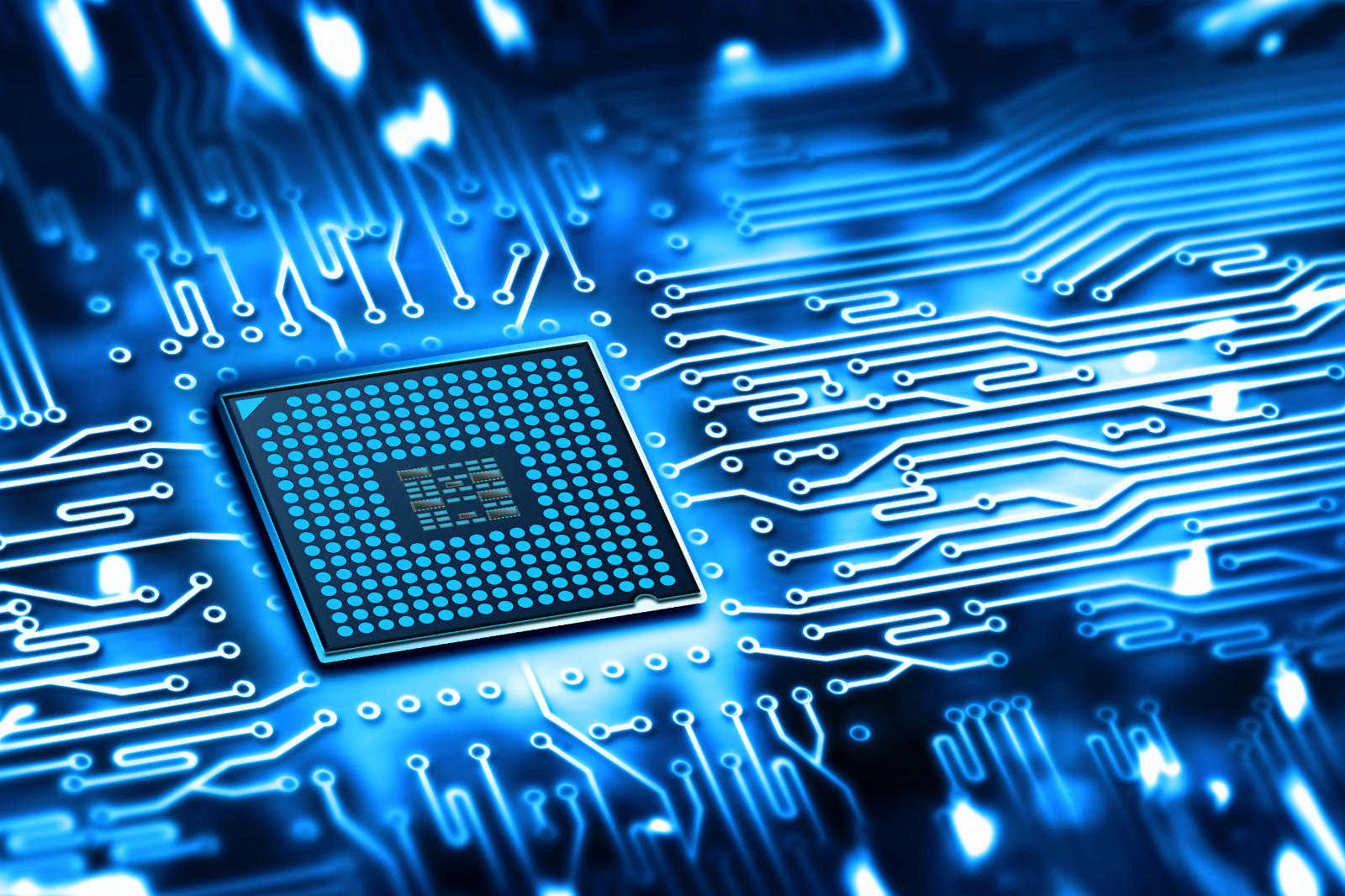
In a world increasingly reliant on advanced electronics, the role of Very Large Scale Integration (VLSI) technology has become more pronounced than ever. As we stand on the precipice of the digital age, the question arises: Is VLSI shaping the future of electronics? This blog aims to explore the transformative impact of VLSI technology on the electronics industry. From enabling the creation of smaller, more powerful integrated circuits to driving innovations in fields like artificial intelligence and the Internet of Things, VLSI holds the potential to revolutionize how we interact with technology. Join us as we delve into the intricacies of VLSI and its role in shaping the future landscape of electronics.
A career in VLSI (Very Large Scale Integration) offers tremendous opportunities in the rapidly evolving field of electronics. With the increasing demand for smaller, faster, and more efficient electronic devices, VLSI professionals play a crucial role in designing and developing cutting-edge integrated circuits. Pursuing a VLSI course equips individuals with the essential knowledge and skills needed to excel in this field. From mastering the fundamentals of semiconductor technology to learning advanced design methodologies and simulation tools, VLSI courses provide hands-on experience and practical insights into the intricacies of integrated circuit design. By gaining expertise in VLSI, individuals can position themselves for rewarding careers in industries such as semiconductor manufacturing, consumer electronics, telecommunications, and automotive electronics, where innovation and technological advancements are driving forces.
What is VLSI technology?
VLSI (Very Large Scale Integration) technology involves the process of integrating thousands to millions of electronic components onto a single semiconductor chip. It represents a significant advancement in electronics, allowing for the creation of complex and powerful integrated circuits with minimal space and power requirements. VLSI technology encompasses various design and fabrication techniques, including transistor scaling, layout design, and fabrication processes such as photolithography and etching. These techniques enable the development of microprocessors, memory chips, and other electronic devices with enhanced performance, functionality, and efficiency. VLSI technology plays a crucial role in powering modern electronic devices, including smartphones, computers, IoT devices, and automotive electronics, driving innovation and shaping the future of technology.
Ways VLSI is shaping the future of electronics
VLSI (Very Large Scale Integration) technology is shaping the future of electronics in numerous ways:
Miniaturization: VLSI enables the integration of thousands to millions of electronic components onto a single chip, leading to smaller and more compact electronic devices. This trend towards miniaturization allows for the development of sleeker and more portable gadgets, such as smartphones, wearables, and IoT devices.
Increased Performance: With VLSI, electronic circuits can be designed to operate at higher speeds and with greater efficiency. This enhanced performance enables the development of more powerful computing devices, capable of handling complex tasks and processing large amounts of data in real-time.
Energy Efficiency: VLSI technology facilitates the design of energy-efficient integrated circuits, helping to reduce power consumption in electronic devices. By optimizing circuit designs and implementing low-power techniques, VLSI contributes to the development of eco-friendly electronics with longer battery life and reduced environmental impact.
Innovative Applications: VLSI opens up possibilities for innovative applications in various fields, including healthcare, automotive, aerospace, and communication. For example, VLSI technology enables the development of advanced medical devices, autonomous vehicles, satellite communication systems, and smart infrastructure solutions.
Advancements in AI and Machine Learning: VLSI plays a crucial role in powering advancements in artificial intelligence (AI) and machine learning (ML). By designing specialized hardware accelerators and neural network processors, VLSI enables the implementation of AI algorithms on edge devices, enabling faster inference and decision-making.
Integration with Emerging Technologies: VLSI technology is closely integrated with other emerging technologies such as 5G, IoT, augmented reality (AR), and virtual reality (VR). By incorporating VLSI chips into these technologies, developers can create innovative applications and services with enhanced connectivity, performance, and functionality.
VLSI technology continues to drive innovation and advancement in the electronics industry, shaping the future of technology and influencing the way we live, work, and interact with the world around us.
Integration with Emerging Technologies
VLSI (Very Large Scale Integration) technology seamlessly integrates with emerging technologies, amplifying their capabilities and driving innovation across various sectors. In the realm of IoT (Internet of Things), VLSI facilitates the development of compact and power-efficient microchips that enable interconnected devices to communicate and process data effectively, forming the backbone of smart homes, cities, and industries. Similarly, in the realm of 5G telecommunications, VLSI enables the design of high-speed and low-latency communication systems, powering next-generation networks capable of supporting bandwidth-intensive applications like augmented reality and autonomous vehicles.
Furthermore, VLSI-driven advancements in artificial intelligence (AI) are revolutionizing industries by enabling the implementation of complex algorithms and neural networks on specialized hardware platforms. These AI accelerators, powered by VLSI technology, facilitate faster inference and decision-making, unlocking new possibilities in areas such as healthcare, finance, and automotive.
Looking ahead, the future holds boundless opportunities for VLSI integration with emerging technologies. From the convergence of VLSI with quantum computing and edge computing to the integration of VLSI with biotechnology and renewable energy systems, the possibilities are vast and transformative, promising to reshape industries and societies in profound ways.
Conclusion
VLSI undeniably plays a pivotal role in shaping the future of electronics, driving innovations in miniaturization, performance enhancement, and integration with emerging technologies. As the demand for smaller, more powerful electronic devices continues to rise, the importance of VLSI expertise becomes increasingly apparent. Pursuing a VLSI course equips individuals with the specialized knowledge and skills needed to thrive in this dynamic field, opening doors to exciting career opportunities in semiconductor manufacturing, consumer electronics, telecommunications, and beyond. By investing in education and skill development through VLSI courses, aspiring professionals can embark on a rewarding career path at the forefront of electronic innovation.

